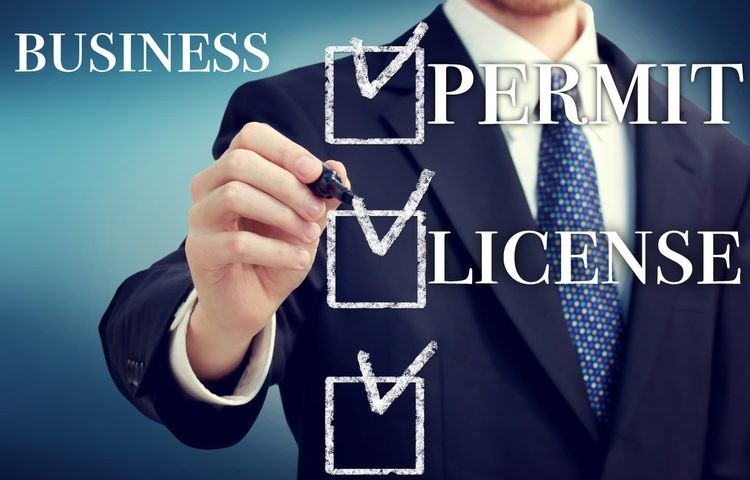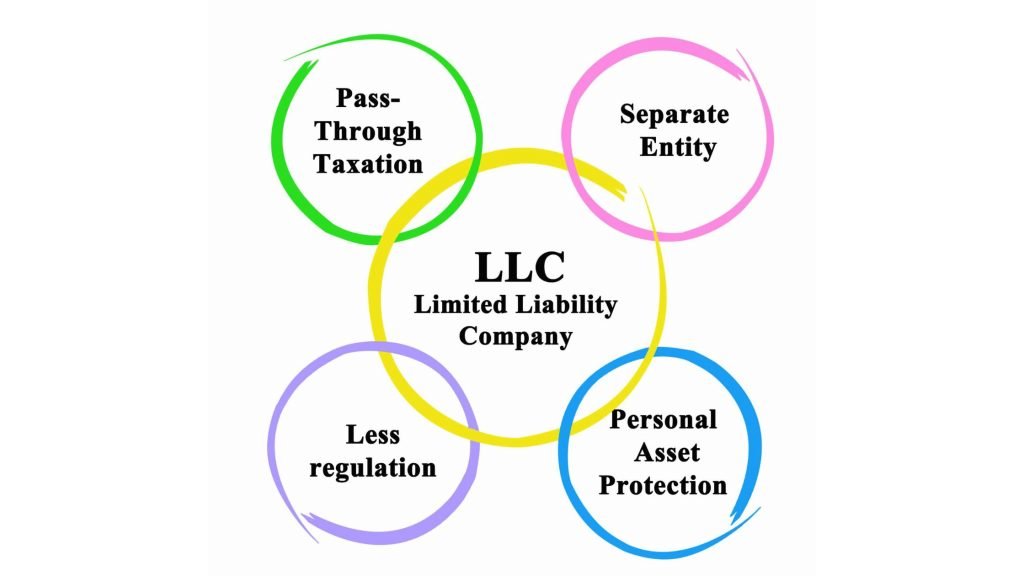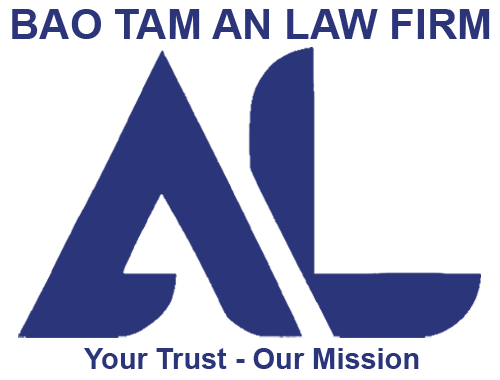Understanding Vietnamese Business Law Fundamentals | Legal Services
Vietnam’s business environment is rapidly evolving, driven by economic growth, globalization, and the country’s integration into international markets. As a result, understanding the fundamentals of Vietnamese business law is essential for both local and foreign entrepreneurs looking to navigate this complex landscape successfully. This guide outlines the key principles of Vietnamese business law and highlights the legal services available to support businesses in Vietnam.
1. Overview of Vietnamese Business Law
Vietnamese business law is primarily governed by several key legal frameworks, including:
- The Law on Enterprises 2020: This law outlines the regulations and requirements for establishing and operating businesses in various forms, including limited liability companies, joint-stock companies, partnerships, and sole proprietorships.

- The Law on Investment 2020: This legislation regulates foreign direct investment (FDI), providing a framework for both domestic and foreign investors to establish business operations in Vietnam. It includes provisions to ensure investment protection and encourage investment.
- The Civil Code: The Civil Code governs contracts, obligations, and property rights, providing the legal foundation for commercial relationships and transactions.
- Tax Laws: The tax system in Vietnam comprises various taxes that businesses must understand, including corporate income tax, value-added tax (VAT), personal income tax, and others.
2. Business Registration and Licensing
Business Registration:
- All businesses operating in Vietnam are required to register with the Department of Planning and Investment (DPI) in the relevant province or city. Registration includes submitting necessary documents such as the company charter, business licenses, and identification of investors.
Licensing Requirements:
- Depending on the industry and the nature of operations, businesses may also require additional licenses or permits (e.g., investment certificates, specialized licenses) before commencing operations. Certain sectors may have restrictions or special conditions for foreign investors.

3. Types of Business Entities
Vietnam allows for several types of business entities, each with distinct legal implications:
- Limited Liability Company (LLC): An LLC is a popular choice among small and medium-sized enterprises (SMEs) due to limited personal liability for owners. There are two types: one-member LLCs and multi-member LLCs.

- Joint-Stock Company (JSC): A JSC allows for the issuance of shares and is suitable for larger businesses seeking to raise capital from shareholders. It has a more complex structure and regulatory requirements.
- Partnerships: Partnerships involve two or more individuals who share profits and responsibilities. They can be general partnerships or limited partnerships depending on liability and management structure.
- Sole Proprietorships: This is the simplest form of business, owned and operated by one individual. It requires minimal regulatory requirements but offers no personal liability protection.
4. Contracts and Legal Obligations
Contractual Agreements:
- Vietnamese business law mandates that all commercial transactions should be documented through written contracts to protect the rights and obligations of parties involved. Common contracts include sales agreements, service agreements, and lease agreements.
Legal Obligations:
- Businesses must comply with various legal obligations, including maintaining accurate accounting records, adhering to tax regulations, and following labor laws regarding employee rights and benefits.

5. Labor and Employment Law
Labor Contracts:
- Under the Labor Code 2019, businesses are required to sign formal labor contracts with employees, outlining rights, obligations, wages, and working conditions.
Employee Rights:
- Vietnamese labor laws protect employees’ rights related to working hours, occupational health and safety, and severance payments. Employers must understand these rights to ensure compliance and avoid disputes.

6. Dispute Resolution
Methods of Dispute Resolution:
- Business disputes in Vietnam may be resolved through several mechanisms, including negotiation, mediation, arbitration, and litigation. Many businesses opt for arbitration due to its efficiency and confidentiality.
Commercial Arbitration:
- The Vietnam International Arbitration Centre (VIAC) is a commonly used arbitration institution that provides a framework for resolving commercial disputes.

7. Legal Services for Businesses in Vietnam
Business Formation Services:
- Legal service providers assist in business registration, drafting necessary documents, and obtaining required licenses.
Contract Drafting and Review:
- Legal professionals help businesses draft and review contracts to ensure they are legally binding, enforceable, and protective of their interests.
Regulatory Compliance:
- Law firms can guide businesses in managing regulatory compliance, including tax obligations, reporting requirements, and sector-specific regulations.
Litigation and Dispute Resolution:
- In the event of a dispute, legal services can represent businesses in arbitration proceedings or court litigation, providing strategic advice and advocacy throughout the process.

Conclusion
Understanding the fundamentals of Vietnamese business law is essential for anyone looking to establish and operate a business in Vietnam. From navigating registration and licensing requirements to complying with contractual and labor laws, legal expertise is invaluable in ensuring compliance and promoting business success. By engaging with qualified legal professionals, businesses can effectively navigate the complexities of Vietnamese law, minimize risks, and focus on achieving their operational goals in a dynamic market.
